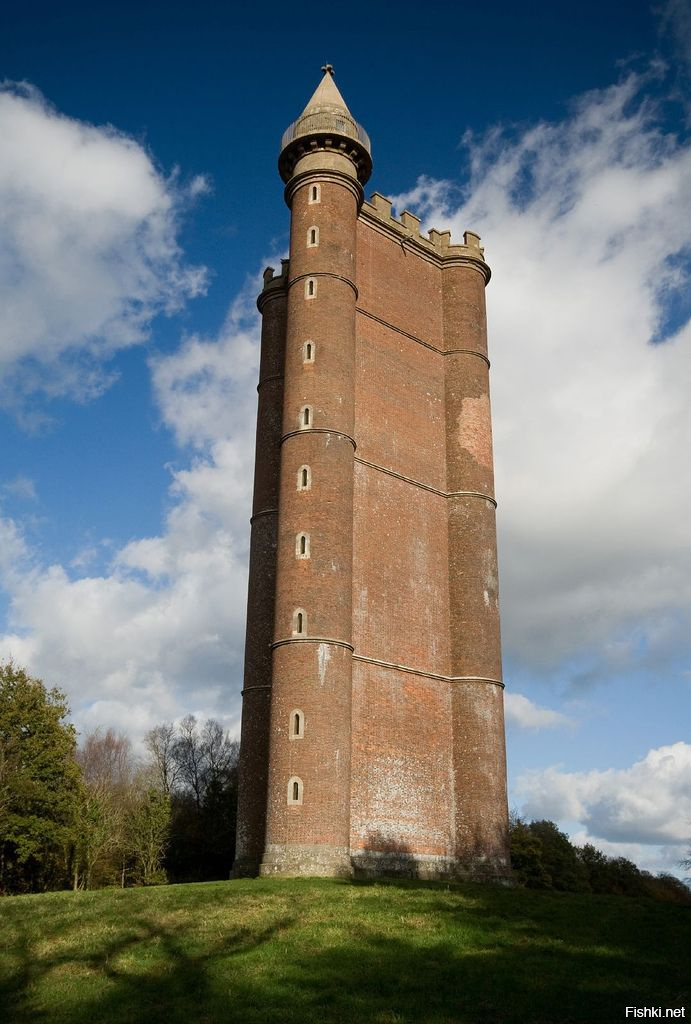Aleks, short for Alexander, is a name with rich historical roots and a profound meaning.
Its origins can be traced back to ancient Greece, where it was borne by one of the most renowned military leaders in history – Alexander the Great.
The name itself derives from the Greek words “alexein,” meaning “to defend” or “to protect,” and “ander,” meaning “man.”
Thus, Alexander literally translates to “defender of men,” reflecting a powerful image of strength and guardianship.
This strong association with heroism and leadership has made the name enduringly popular throughout history.
From ancient Greece, the name spread across various cultures, evolving into diverse forms like Alessandro in Italian, Alexandre in French, and Alexander in English.
The popularity of the name fluctuated over centuries, experiencing periods of great prominence as well as relative obscurity.
In recent times, it has enjoyed a resurgence in popularity, particularly in its shortened form, Aleks.
This shorter version offers a modern twist while retaining the powerful connotations associated with the original name.
Etymology
Aleks is a popular shortened form of Alexander, a name steeped in rich history and linguistic roots.
Alexander traces its origins back to ancient Greece, where it was a widely used given name with a powerful meaning.
The name is derived from the Greek words “alexein,” which means “to defend” or “to ward off,” and “anēr,” meaning “man.”
Therefore, Alexander literally translates to “defender of men” or “protector of mankind.”
This strong and heroic connotation has contributed to the enduring popularity of the name across cultures and centuries.
Variations
The widespread variations of the name Aleks across different cultures and languages speak volumes about its enduring appeal and historical significance. These diverse forms demonstrate how a single name can adapt and evolve while retaining its core essence.
Alessandro, the Italian variation, carries an air of classic elegance. It’s a popular choice in Italy and has been associated with prominent figures throughout history, such as Alessandro Manzoni, a celebrated Italian writer. The French form, Alexandre, evokes a sense of sophistication and refinement. It’s a name steeped in French literary tradition, famously borne by authors like Alexandre Dumas and Alexandre Exupéry.
Alejandro, the Spanish adaptation, has a warm and vibrant feel. It’s common throughout the Spanish-speaking world and often associated with strength and charisma. Famous bearers of this name include Alejandro Sanz, a renowned musician, and Alejandro González Iñárritu, an acclaimed filmmaker.
Sándor, the Hungarian version, has a distinct cultural flavor. It carries a sense of tradition and resilience, reflecting Hungary’s rich history. Notable Sándor figures include Sándor Petőfi, a celebrated poet, and Sándor Márai, a prominent novelist.
These variations of Aleks illustrate how names transcend geographical boundaries, carrying with them cultural nuances and historical baggage while remaining connected to a shared root.
The name Aleks is a shortened form of “Alexander,” a name with deep historical roots and widespread global recognition.
Originating from the ancient Greek word “Alexandros,” meaning “defender of men,” Alexander has been a popular name for centuries across various cultures and languages.
Its popularity surged in Europe during the reign of Alexander the Great, the Macedonian king who conquered vast territories in the 4th century BC. His military prowess and influential legacy cemented the name’s association with strength, power, and leadership.
Over time, “Alexander” evolved into various forms in different languages. In Slavic languages, like Russian and Serbian, it became “Aleksandr,” while in English, it commonly appears as “Alex.” The diminutive “Aleks” likely emerged as a more informal and contemporary variation, particularly popular in English-speaking regions.
The name’s enduring appeal stems from its historical significance, strong meaning, and adaptable nature. It has been embraced by people of diverse backgrounds and continues to be a popular choice for parents seeking a name that conveys strength, determination, and leadership qualities.
Ancient Roots
The name “Aleks” is a common diminutive form of the name **Alexander**.
**Alexander** has deep **Ancient Greek** roots, derived from the elements *alexein* meaning “to defend” or “to protect” and *anēr* meaning “man.”
This translates to “defender of man” or “protector of men,” a strong and valiant connotation that has contributed to its enduring popularity.
In **Ancient Greece**, Alexander was a popular name among various social classes. It was borne by several notable figures, including the legendary hero **Alexander the Great,** who became one of history’s most celebrated military commanders, conquering vast swathes of territory and leaving an indelible mark on the ancient world.
The name’s popularity spread beyond Greece through Alexander the Great’s conquests. It was adopted by Romans, and later throughout Europe as it evolved into various forms like **Alessandro** in Italian, **Alejandro** in Spanish, and **Aleksander** in Slavic languages.
Cultural Spread
The name Aleks is a shortened form of the Slavic name “Alexander,” meaning “defender of mankind” or “protector of men.”
Originating in ancient Greece, Alexander was borne by several prominent figures, most notably Alexander the Great, a legendary military leader who conquered vast territories across Europe and Asia.
The name spread throughout Europe through conquests and cultural exchange. It gained popularity in many countries as a symbol of strength, leadership, and courage.
Here’s a deeper dive into the name Aleks’ journey through history:
- Ancient Greece: The name Alexander has its roots in ancient Greek culture. It was composed of two elements: “alexo,” meaning “to ward off” or “to defend,” and “aner,” meaning “man.”
- Alexander the Great: His military prowess and vast empire solidified the name’s association with strength, power, and ambition. The popularity of Alexander spread far beyond Greece, influencing cultures throughout Europe, Asia, and North Africa.
- Medieval Period: During the Middle Ages, the name Alexander remained popular in Christian Europe. It was often bestowed upon kings, princes, and noblemen, reflecting its connection to leadership and chivalry.
- Modern Era: Over time, the name Alexander evolved into various shorter forms, including Aleks, Alex, Alessandro (in Italian), Alexis (in French), and Sándor (in Hungarian). These variations maintain the core meaning of “defender” or “protector.”
The name Aleks continues to be a popular choice for boys in many countries. Its history is rich with symbolism and its enduring appeal speaks to the timeless qualities it represents.
The name Aleks is a shortened form of Alexander, a name with Greek origins meaning “defender of men.”
The popularity of Alexander can be traced back to ancient Greece, where it was borne by several prominent figures, most notably Alexander the Great, who conquered much of the known world in the 4th century BC.
Alexander’s conquests spread his name throughout the Mediterranean region and beyond. It became a popular choice for rulers and noblemen across Europe, Asia, and North Africa.
The name Alexander entered English through Latin and French influences, becoming prevalent in English-speaking countries during the Middle Ages.
Over time, shorter versions of Alexander, such as Aleks, Alex, and Alec, emerged. These variations became popular alternatives, offering a more modern or casual feel while retaining the core meaning and historical significance.
Today, Aleks remains a popular name in many countries, reflecting its enduring legacy as a name with roots in ancient power and nobility.
Modern Usage
Aleks has seen a surge in popularity as a given name across various Slavic and European nations in recent times.
This trend is particularly noticeable within cultural circles where “Alexander” holds strong historical and cultural significance. The shortened form, “Aleks,” has also gained widespread acceptance and usage, reflecting a contemporary preference for shorter, more streamlined names.
One key factor contributing to Aleks’s appeal is its enduring association with Alexander the Great, the legendary Macedonian king renowned for his military prowess and vast empire. This historical link imbues the name with connotations of strength, leadership, and greatness, making it an attractive choice for parents seeking a name with historical weight.
Furthermore, Aleks possesses a certain phonetic charm and versatility that resonates with modern sensibilities. Its relatively short length makes it easy to pronounce and remember, while its strong consonant sounds lend it a sense of boldness and confidence.
Variations over Time
Throughout history, names have been more than just labels; they’ve been imbued with cultural significance and personal meaning. This holds true for the name Aleks, which while retaining its core essence, has witnessed subtle shifts in interpretation and popularity across different eras and regions.
Aleks, a shortened form of Alexander, draws its roots from ancient Greek origins. Alexander itself means “defender of men” and was borne by several prominent historical figures, most notably Alexander the Great, whose conquests and legacy shaped perceptions of the name for centuries to come.
In earlier periods, the full name Alexander was widely used across Europe and beyond. Aleks, as a shortened version, emerged as a more informal and casual option, often favored in certain regions or social circles. It carried a similar sense of strength and leadership associated with its longer counterpart.
The rise of modern trends saw a renewed interest in shorter, more unique names. This influenced the usage of Aleks, which gained traction as a standalone name, independent of its association with Alexander. The shorter form offered a contemporary feel while retaining a connection to the historical grandeur of its origin.
Furthermore, cultural preferences have also played a role in shaping the popularity of Aleks. In some cultures, short, impactful names are highly valued, while others might favor longer, more elaborate names with rich historical connotations. This explains why Aleks has enjoyed varying levels of popularity across different geographical and cultural contexts.
In contemporary times, Aleks continues to be a popular choice for parents seeking a name that is both strong and stylish. It remains a timeless option that bridges tradition and modernity, carrying with it the legacy of Alexander while embracing its own unique identity.
- Best Dun & Bradstreet (DNB) Alternatives for 2025 - April 26, 2025
- Best Seamless.ai Alternatives for 2025 - April 26, 2025
- Best Leadfeeder Alternatives for 2025 - April 25, 2025


